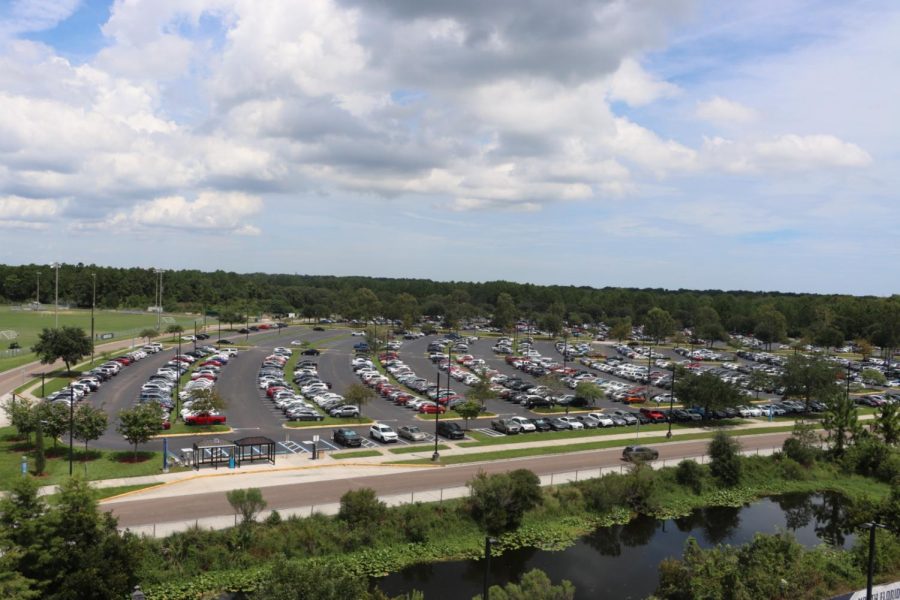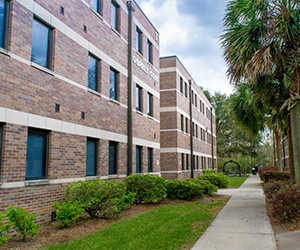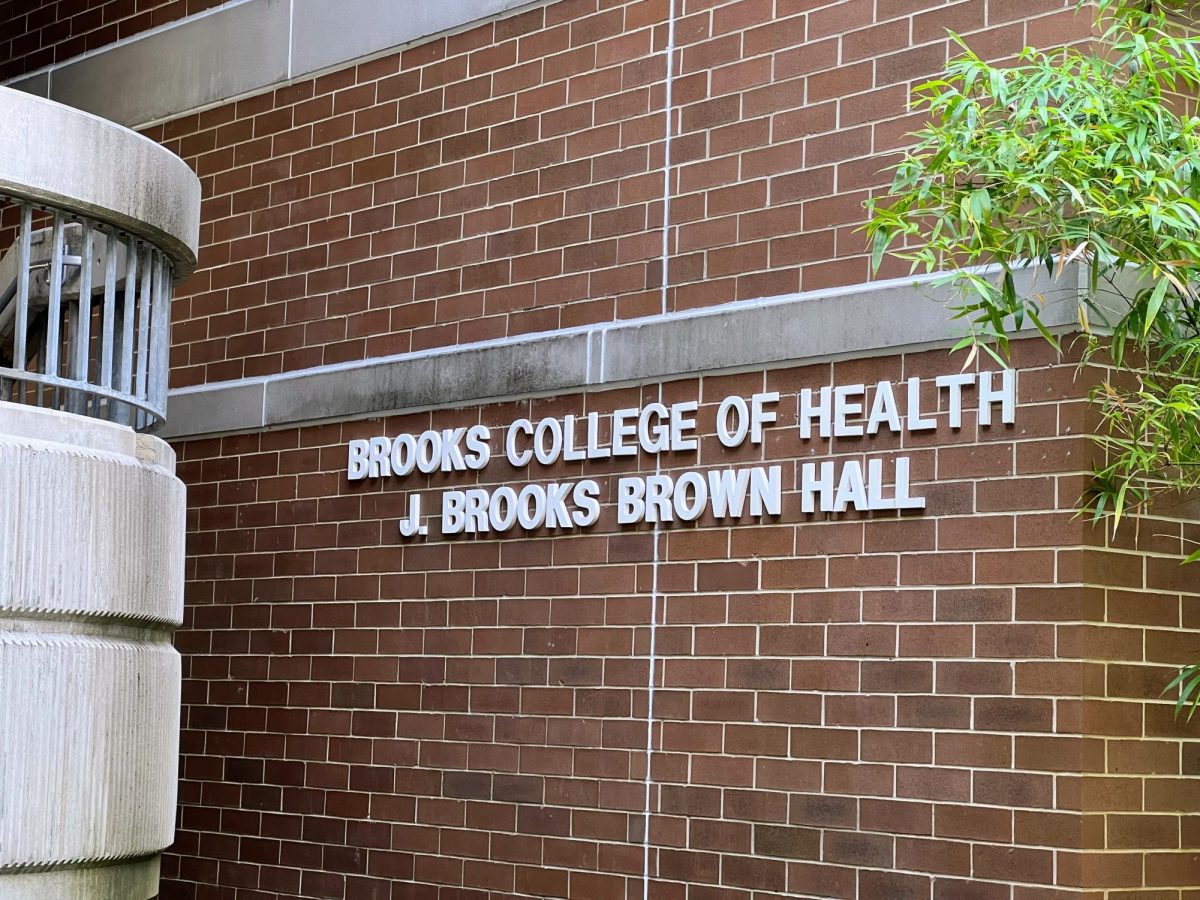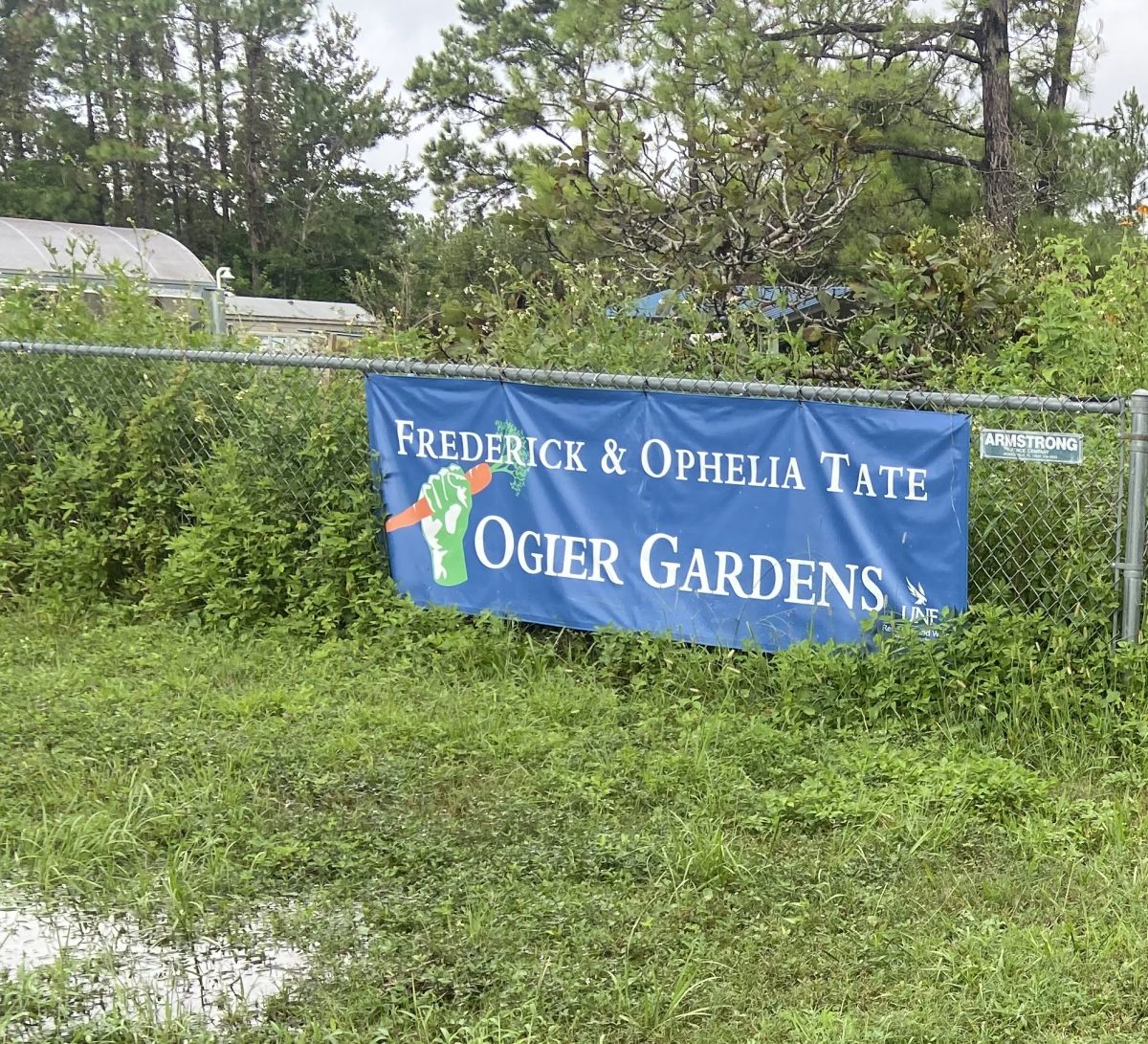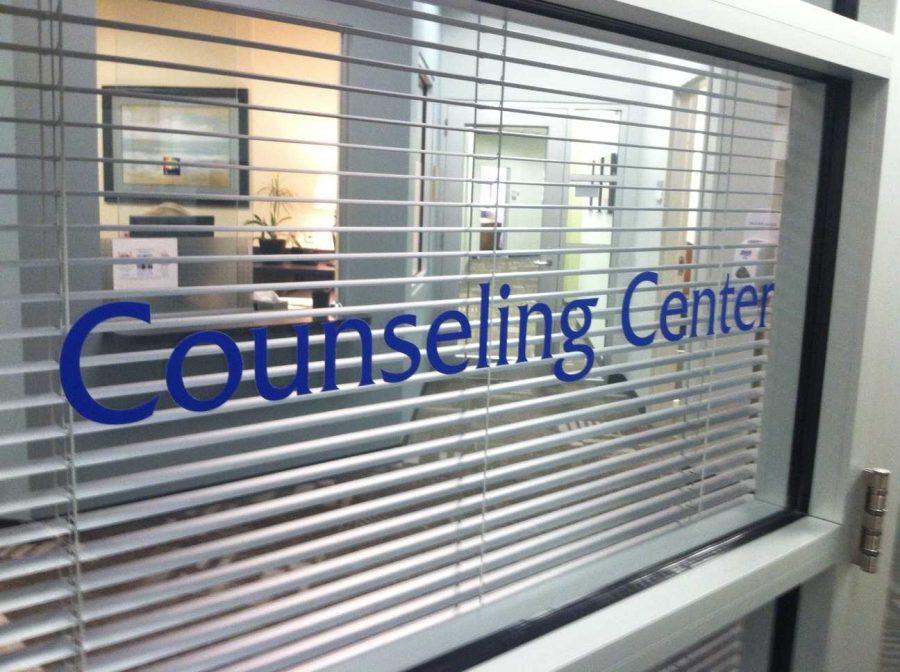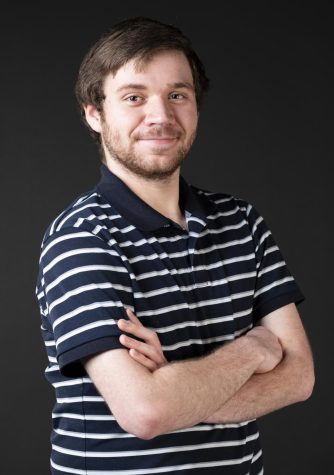Facebook and its contemporaries have come under increased scrutiny from the government and general public over their questionable practices and frequent breaches of information.
This comes after early Oct. when a whistleblower, Frances Haugen, testified before Congress on the harms at work due to Facebook’s alleged lackluster attempts to regulate itself. Haugen explicitly cited its effects on anti-vaccine disinformation, and the harm posed to children.
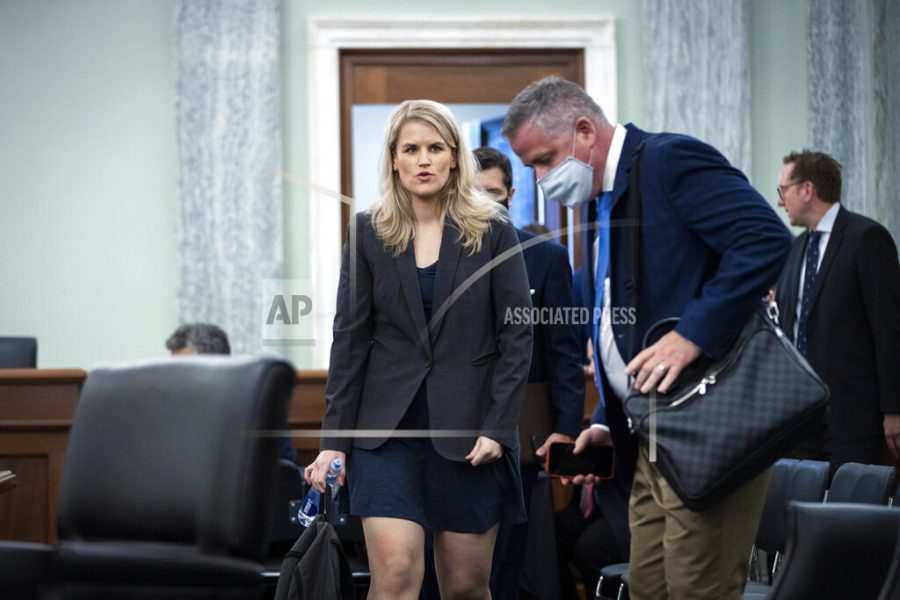
Spinnaker reached out to Dr. Margaret Stewart, a professor of communication, who has been studying social media platforms and their uses for over a decade for her thoughts on these events.
“I am always taken aback by how surprised [the public] is when these kind of events happen,” she opened.
Dr. Stewart explained how we as a society have a responsibility to understand what we are taking part in when we use these social media platforms, and how much information we allow them to take.
“We are agents of data,” she commented.
Dr. Stewart explained how when we give these companies information, we must remain vigilant of how it is used. She also emphasized how at the end of the day, these companies are still trying to make profits. Their overall agenda is to make money at the expense of the consumers.
“The goal is no more no less than that of any private business, which is to keep the consumer captive, and keep the consumer coming back for more,” she said.
Dr. Stewart then elaborated on how the statements made by the whistleblower weren’t entirely new, and what made this one different. She specified how these allegations do nothing to deter individual users, and Facebook’s use continues to grow despite the allegations.
“It’s another warning, but it seems as though, for now, these warnings do not have enough significance to stop the user.”
People still agree to terms and agreements, and sign up for these platforms, so Dr. Stewart thinks that it hardly works as a deterrent.

According to Dr. Stewart, society has developed an intense need for these social media interactions. It is much simpler to interact with people online rather than in-person. Keeping in contact with people instantaneously was not possible decades ago. We now know life updates from our friends and relatives as they happen.
“The mobility of these platforms has made it very easy for us to interact not only with each other, but with people of influence,” she mentioned.
Social networks allow us to interact with like-minded people, organizations, politicians, and more in a way we haven’t been able to previously. Social media becomes incredibly satisfying for people when looking for information.
The impacts of these social networks are not always negative though. One major way they allow for constructive help for people is in how they enable you to reach out to similar people who may not be available for you in your immediate vicinity.

Dr. Stewart briefly gave insight on how social media is expanding incredibly fast, and keeping up with regulations becomes difficult. She was adamant however that she is not a political analyst, so knowing how this works from a government regulation standpoint wasn’t her expertise.
In regards to how to use social media for the better, she ended with this:
“The minute we commit to being an active user in a space, we have to understand the consequences and potential implications of what we are getting ourselves into.”
Dr. Stewart advocates for staying as vigilant and aware as possible as these social media platforms keep expanding. She cited people who have actively quit social media as a great example. Another positive way is to use these platforms for spectating, not interaction, or maintaining a professional presence for possible employers to see.
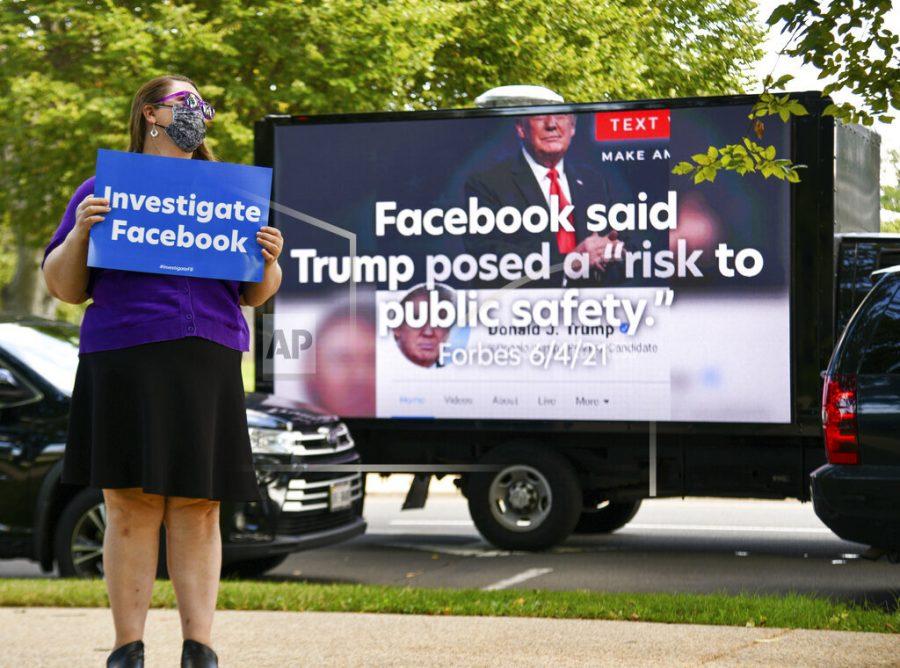
It is important for all of us to be incredibly aware of how we live our lives on and off social media. Our mental wellbeing relies on us making sure we are in control of how it affects our lives, and recognizing when and if we can cut ourselves off.
___
For more information or news tips, or if you see an error in this story or have any compliments or concerns, contact editor@unfspinnaker.com.








